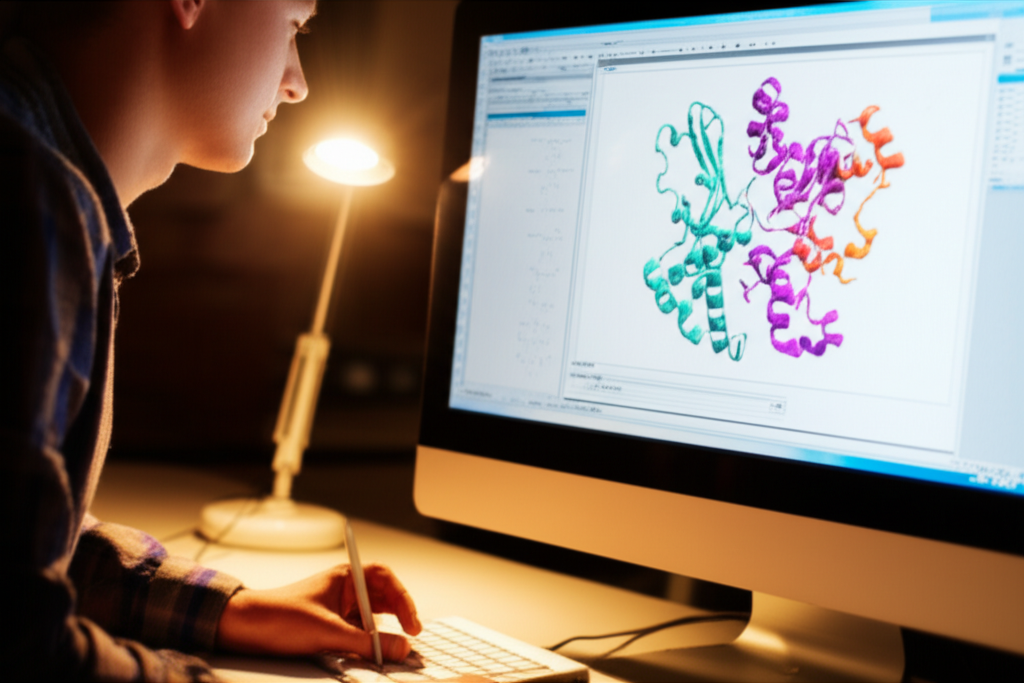Sodium Lauryl Polyoxyethylene Ether Sulfate (SLES), widely recognized as Sodium Laureth Sulfate, stands as a cornerstone in the chemical industry, playing a pivotal role across a multitude of applications. This anionic detergent and surfactant is highly valued for its exceptional cleansing, foaming, and emulsifying capabilities, making it an indispensable ingredient in both personal care and industrial formulations. Derived primarily from natural sources such as palm kernel oil or coconut oil, SLES offers a powerful yet often gentler alternative to related surfactants like Sodium Lauryl Sulfate (SLS).
The efficacy of SLES lies in its unique chemical structure, which allows it to significantly reduce surface tension and effectively encapsulate dirt and oils, leading to superior cleaning performance. It produces a rich, stable lather, a characteristic highly sought after in products designed for efficient washing and cleaning. Beyond its remarkable foaming property, SLES demonstrates excellent dispersion, wetting, and solubilizing characteristics, enhancing the overall performance of formulations it is incorporated into. Its good solvency and wide compatibility with various other ingredients further contribute to its versatility.
In the realm of personal care, SLES is a ubiquitous component. It is extensively used in products such as shampoos, body washes, liquid hand soaps, bubble baths, and toothpaste, where its ability to cleanse and create a luxurious foam is paramount. Consumers appreciate the clean feeling and rich lather that SLES-containing products provide. Furthermore, its ethoxylation process, which differentiates it from the harsher SLS, results in a milder profile, reducing the potential for skin and eye irritation, thus making it a preferred choice for many sensitive formulations.
Beyond household and personal hygiene, Sodium Lauryl Polyoxyethylene Ether Sulfate finds significant application in various industrial sectors. It serves as an effective lubricant, dyeing agent, cleanser, and degreasing agent within the textile, printing, and dyeing industries. In the petroleum sector, it aids in various processes, while in the leather industry, it plays a crucial role in degreasing and cleaning. Its surfactant properties also extend to agricultural applications, particularly in herbicides, where it improves the absorption of chemical agents into plants, enhancing their effectiveness.
The manufacturing process of SLES involves a careful, multi-step synthesis designed to ensure purity and performance. It begins with the ethoxylation of dodecyl alcohol, a fatty alcohol sourced from renewable palm kernel or coconut oils. The resulting ethoxylate then undergoes a sulfation process, followed by neutralization to yield the stable sodium salt. Reputable manufacturers, like NINGBO INNO PHARMCHEM CO.,LTD., adhere to stringent quality control measures throughout this production chain to minimize impurities, such as 1,4-dioxane and ethylene oxide, which are potential byproducts. This commitment ensures that the final product meets high safety and performance standards for diverse applications.

While SLES is celebrated for its performance, its environmental impact and safety have been subjects of scientific scrutiny. It is generally recognized for its biodegradability under various conditions, with degradation rates varying depending on environmental factors. However, ongoing research continues to assess its full ecological footprint, particularly concerning potential effects on aquatic life at certain concentrations. Responsible sourcing and manufacturing practices are crucial in mitigating these concerns, ensuring a product that is both effective and environmentally considerate.
In research and development, Sodium Lauryl Polyoxyethylene Ether Sulfate is also a valuable tool. Its well-defined properties make it suitable for use in experimental protocols, such as a reference standard in analytical chemistry for developing and validating detection techniques like LC-MS or HPLC-UV. Its amphiphilic nature allows it to act as a natural surfactant and emulsifying agent, effectively stabilizing oil-in-water emulsions and reducing surface tension in various experimental setups. These applications underscore its fundamental importance not just as a commercial ingredient but also as a versatile chemical compound in scientific inquiry.
For businesses seeking a reliable manufacturer and supplier of high-quality Sodium Lauryl Polyoxyethylene Ether Sulfate, NINGBO INNO PHARMCHEM CO.,LTD. offers a consistent and expertly produced product. Understanding the nuances of industrial sourcing, we provide competitive price options for bulk purchase, ensuring clients can efficiently buy the quantities needed for their production requirements. Our commitment is to deliver a product that consistently meets the stringent demands of diverse industrial and consumer applications, backed by rigorous quality assurance.
Manufacturing Facilities






Professional Export Experience
to Global Customers

1. 20 years of R&D, manufacturing and sales experience, serving customers in 60 countries and regions around the world;
2. Own R&D laboratory, pilot platform and large-scale production workshop, which can meet the audit requirements of global customers;
3. We can satisfy customers' perfect transition from small scale lab requirements (gram level) to commercialization requirements (hundred tons level).
A: We don't have Minimum Order Quantity, exact quantity should be provided before quotation for us to calculate the exact cost.
A: We don't provide free samples due to lots of request and expensive international courier's cost, we can deduct the sample charge after commercial order placed.
A: Our payment terms: Small or sample order: T/T IN ADVANCE. Commercial order: First order should be by T/T IN ADVANCE or L/C at sight, and following orders T/T 30~90days is acceptable subject to approval of credit application.